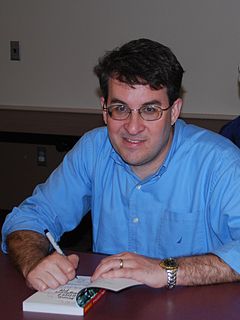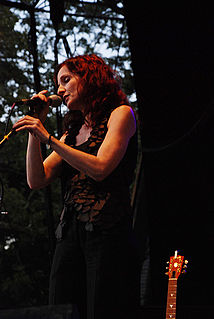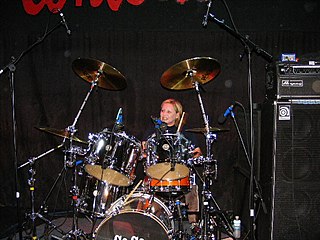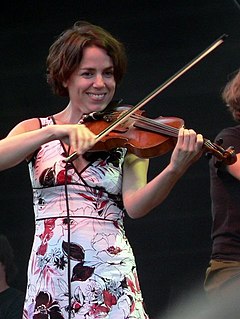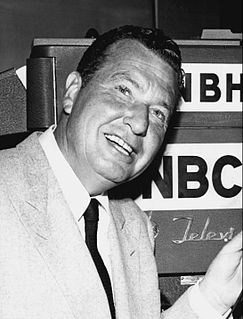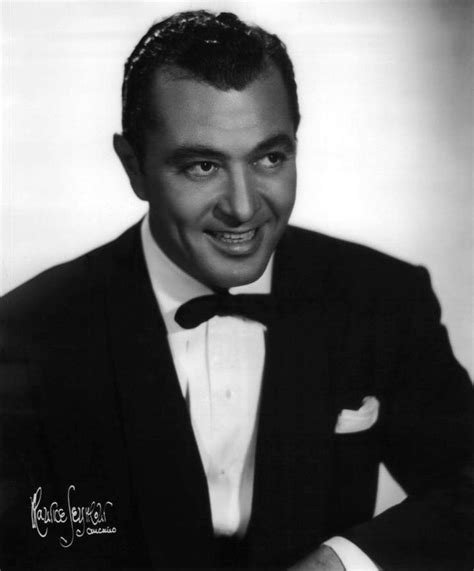A Quote by Bruce Springsteen
At the time, there was a great disagreement over 'The Wild and the Innocent,' and I was asked to record the entire album over again with studio musicians. And I said I wouldn't do it, and they basically said, 'Well hey, look, it's going to go in the trash can.' That's the record business, you know.
Related Quotes
Hi, Tad!' she said. 'Hi, Jeff! Hey, I'm not interrupting anything, am I?' 'Uh, no,' I said. 'We were just...I mean, Tad was...uh, nope.' 'So what were you guys talking about?' 'Well,' I said, 'it's very complicated. We were discussing...umm...hats. You know, hats. Like, the head kind.' 'There's another kind?' Lindsey asked. 'Hey, Jeff?' Tad said. 'If your mom needs any evidence to prove that you're retarded, let me know. I'd be glad to record you talking to Lindsey. I'm pretty sure that would do the trick.
I just went to Europe, spent a year traveling, and then I came home with a finished album and said, "Hey everyone I'm back!" I gave everyone their lighters from Luxembourg, gave them the postcards from Italy and Rome, then said, "Hey look, I made a record, too" and played it for them. The general reaction was shock, because it was so different from what they've known me to do.
I'm confused that there is a lack of faith in listening to and deciding what is a great song and instead going for these formulaic, bad songs over and over again. But that's what happened when people from beverage companies bought record labels and radio stations as opposed to people who love music owning record labels.
That was an idea of the record company, and also that was my first album after MCA and we wanted to come back with a strong album that would be noticed. If we put the vocals by very talented people and very meaningful songs, then the vocals would be a platform so that I could be noticed again. All of the MCA albums were just loaded with problems -- you know, the right musicians, the engineers. The record company would say 'You have to make music for black radio, you can't do what you have been doing with The Crusaders.' Everybody was telling me that was over, finished, done.
There's a lot of discussion about whether you should be a good live band or a good studio band. I think you can use the studio to make a great "studio record" and not necessarily have to reproduce exactly that on stage, but still be a great "live band." Having said that, if what you're going for is just the raw capture of your live sound, then that's cool, too - go for it! I enjoy working in the studio, though, and while I try to get near to an approximation of what's going on onstage, it's not my first priority usually.
I love the Bach Prelude No. 2 in C Minor and had that stuck in my head: why don't I put this on Imaginaryland? So I brought it to my friend Tom Grimley who recorded That Dog's first record. I played him all my a cappella pieces, and he said, "P, you should really make a record, it would be great! You can record it at my studio and I'll put it out!"
We drank quite a lot and Tony Harrington said, "We're thinking of starting a record label at The Wire; how about you do a solo record?" I said, "Well, how am I going to do that?" I thought about it, and I'd been working on a lot of music in the years before, and I was working as a journalist, full time, really, up until that point; in whatever little spare time I had, I was working on music. So I said yes.
I got on the phone with the president of my label and I said, "Obviously, I write songs in a lot of styles and play a lot of different kinds of music. We're getting toward the end of our business collaboration. If you could envision a record that you wanted to hear from me, what kind of record would it be?" It wasn't like asking him to fill an order, it was really just a conversation. For all the things I'd ever asked him, this was one thing I'd never asked, and I don't know why. So I was curious. And the thing that he was most interested in hearing was a solo record.
Guy Picciotto had a really sound point: Live albums basically have bands playing songs that are available on studio records, and what example can you think of where the live album is better? What are the great live albums? I have live albums of bands, but I wouldn't listen to them for the most part. So we thought, instead of spending energy trying to puzzle out how to create a live record, let's just write another studio record.




